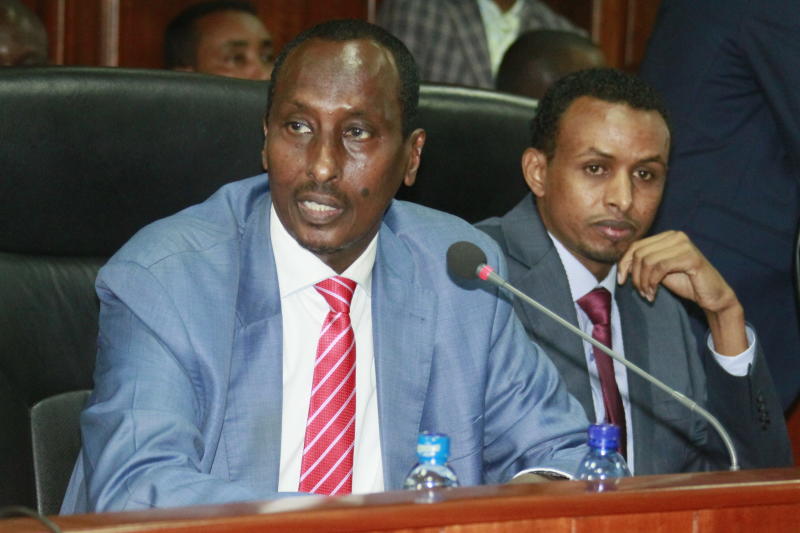×
The Standard e-Paper
Join Thousands Daily

Wajir Governor Abdi Mohamud will not take to the stand to defend his degree certificate, one of the nine grounds the High Court cited in nullifying his election.
His lawyer Tom Macharia on Monday said Mr Mohamud would provide additional evidence through affidavits only. Mohamud had earlier pleaded with Supreme Court judges to allow him to adduce additional evidence, arguing he was not given a fair hearing at the trial court.